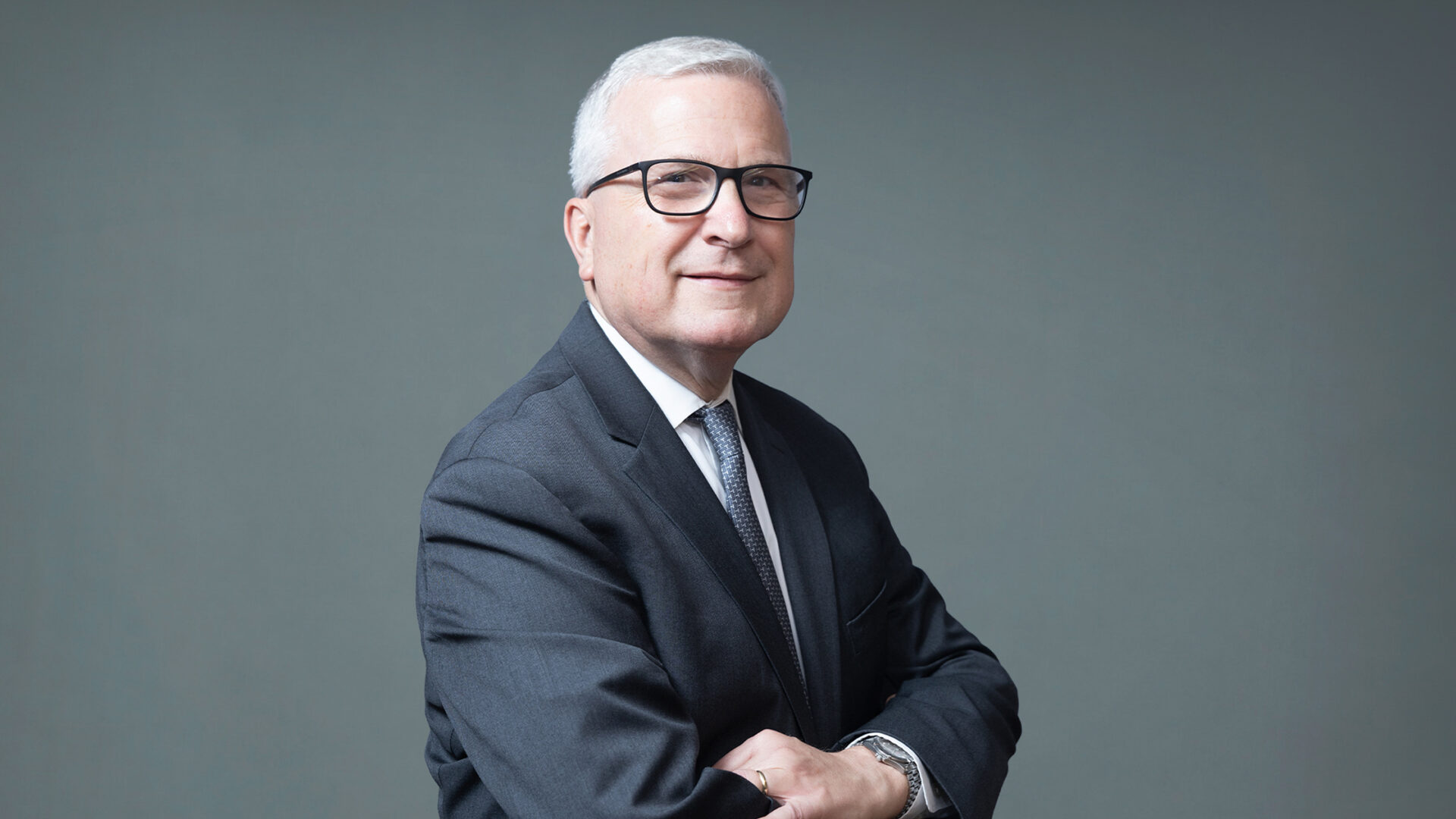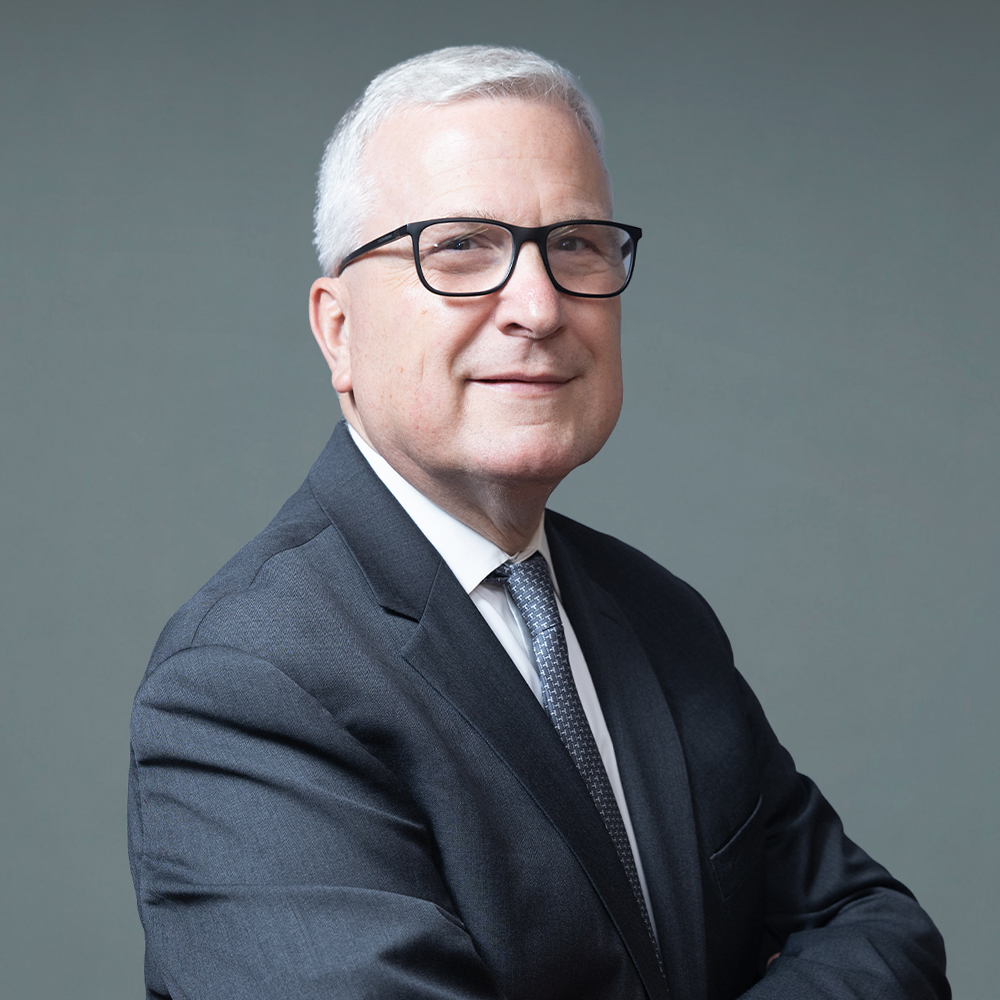John P. Leonard, MD, has joined NYU Langone’s Perlmutter Cancer Center as the new director of its Center for Blood Cancers and chief of the Division of Hematology and Medical Oncology. In addition, he is serving as interim director of Perlmutter Cancer Center, as former director Alec C. Kimmelman, MD, PhD, steps into the roles of dean of the NYU Grossman School of Medicine and CEO of NYU Langone Health.
Dr. Leonard, a renowned physician–researcher known for developing novel therapies and improved regimens for lymphoma, takes the helm of the Center for Blood Cancers as it expands research and treatment options in stem cell transplantation and cellular therapy.
Here, he outlines his vision for advancing blood cancer research—emphasizing a commitment to accelerated translational progress rooted in investments in faculty, precision medicine, and clinical trials—and shares his goals as interim director.
Physician Focus: Dr. Leonard, what drew you to NYU Langone, and how do your clinical and research interests align with your new leadership roles here?
Dr. Leonard: My career has centered on delivering cutting-edge care and advancing clinical research in lymphoma. In previous roles, I led efforts to expand research infrastructure, foster innovation, and build partnerships with industry—all while continuing to see patients. That clinical focus remains central to my work: to impact the lymphoma field not only through research but also by providing direct, high-quality care.
“I see the opportunity to grow the lymphoma program within the Center for Blood Cancers into one of the leading programs nationally.”
John P. Leonard, MD
At NYU Langone, I see the opportunity to grow the lymphoma program within the Center for Blood Cancers into one of the leading programs nationally. The institution’s commitment to precision medicine, faculty development, and translational research—combined with its reach across diverse patient populations—offers a compelling environment to deliver significant impact. I’m also excited to contribute to the broader strategic direction of the cancer program and help shape the future of cancer care through research, mentorship, and innovation.
Physician Focus: How will your expertise in clinical trials and translational research shape cancer discovery at NYU Langone?
Dr. Leonard: I’ve worked to bridge science and patient care—whether by building research infrastructure, mentoring junior faculty, or leading national lymphoma trials through the Alliance for Clinical Trials in Oncology. At NYU Langone, my goal is to accelerate that translation: to move discoveries from bench to bedside more rapidly and with greater impact.
This means fostering investigator-initiated trials that grow directly from the work of our scientists and clinicians, expanding trial access across all NYU Langone sites—including Brooklyn and Long Island—and mentoring the next generation of translational investigators. By aligning clinical and laboratory teams, we can shape research that is not only innovative but also immediately relevant to patients.
Physician Focus: What do you see as the next major challenge in hematology–oncology, and how is NYU Langone positioned to address it?
Dr. Leonard: One of the field’s persistent challenges is in refining precision medicine—not just identifying effective therapies, but determining how best to apply them to individual patients in ways that maximize benefit and minimize harm. That requires robust translational research, thoughtful clinical trial design, and real-world implementation strategies.
“One of the field’s persistent challenges is refining precision medicine—not just identifying effective therapies, but determining how best to apply them.”
Another critical issue is clinical trial access. Despite advances, only a small percentage of patients enroll in trials, and that percentage is even lower among underserved populations. Expanding participation requires both system-level infrastructure and local engagement. With NYU Langone’s geographic reach and diverse patient populations, we have the opportunity to address these gaps in a meaningful way—bringing more patients into trials and generating data that better reflects the populations we serve.
Physician Focus: You’ve held multiple academic and strategic leadership roles in the past. How will you approach your multifaceted role here?
Dr. Leonard: My new role spans three key domains: leading the hematology and medical oncology division, directing the Center for Blood Cancers, and advising strategically on cancer research, enterprise-wide. My approach will be to assess where alignment is needed across campuses, identify gaps in infrastructure or support, and work with colleagues to strengthen both clinical and research programs.
A major part of that will involve supporting faculty at all stages—whether through mentoring junior investigators, facilitating collaboration across specialties, or helping shape research efforts that are clinically meaningful.
Physician Focus: Beyond your clinical and academic work, how do you see yourself contributing to NYU Langone’s broader mission?
Dr. Leonard: A core priority for me is ensuring that patients have access to comprehensive, high-quality cancer care within a single institution. I want every patient to feel that they’re receiving the very best care—without needing to look elsewhere. Contributing to that effort involves more than clinical work; it means supporting the infrastructure, people, and collaborations that make innovation possible.
I also bring experience in working with industry partners and in securing philanthropic support, which can be important tools for advancing programs. More broadly, I see this role as an opportunity to help shape the environment in which our faculty and trainees can do meaningful, high-impact work on behalf of our patients.






